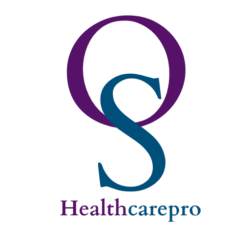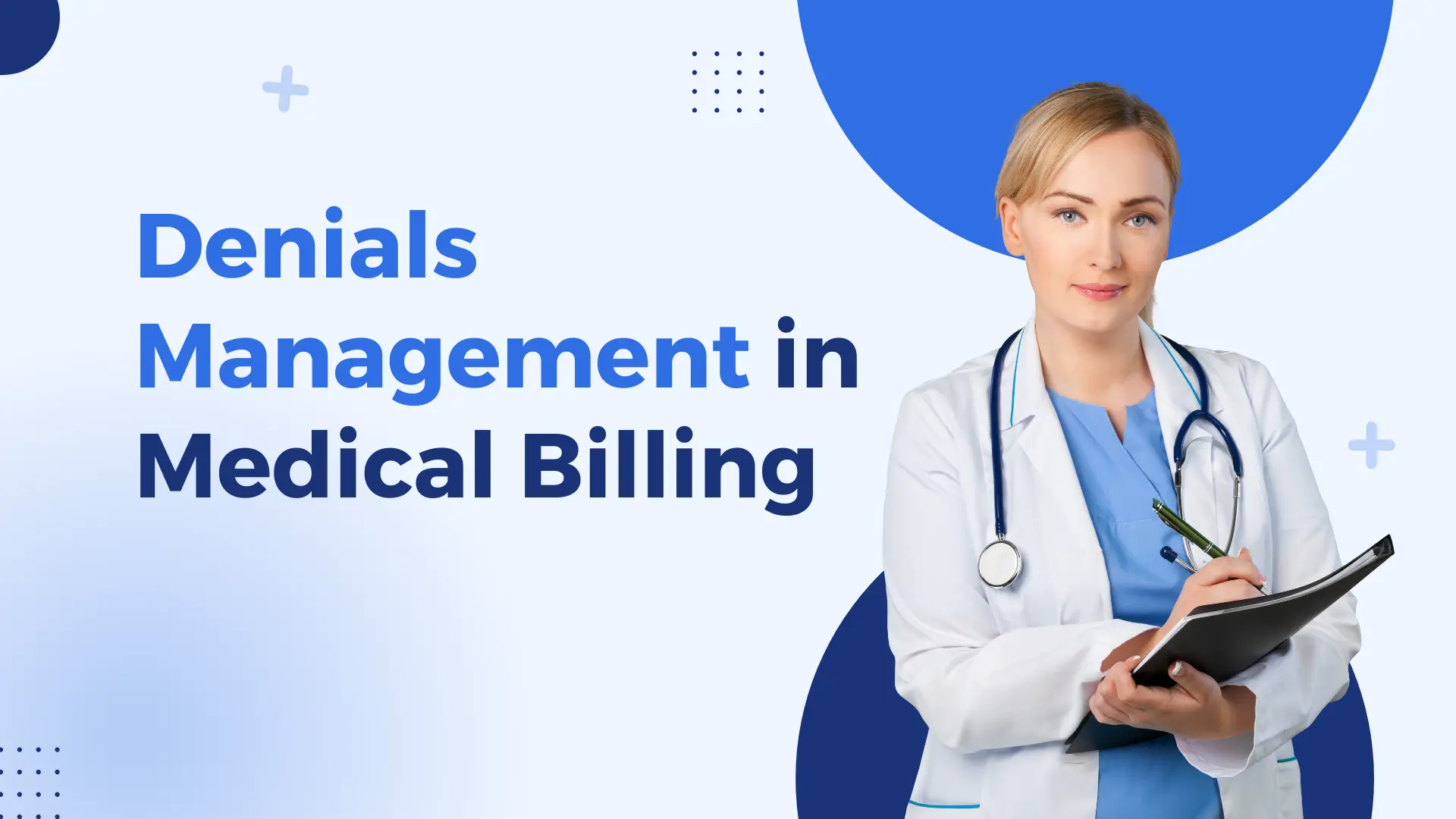Biosimilars: Test Your Awareness and Clinical Skills
November 12, 2025 | by Steven Johnson

Key Points About Biosimilars and How You Can Earn 0.25 CEUs
Understanding What Biosimilars Are
Biosimilars are complex biological medicines created to be highly similar to already approved reference biologics, exhibiting no clinically meaningful differences in terms of safety, purity, and potency. These products are developed using living cells and sophisticated manufacturing processes, distinguishing them from traditional generic drugs, which are chemically identical copies of small-molecule drugs. The intricate nature of biologics means biosimilars cannot be exact replicas, but through rigorous analytical, preclinical, and clinical testing, regulators confirm their equivalence.
Why Biosimilars Matter to Healthcare
Biosimilars play a crucial role in expanding patient access to essential biologic treatments that might otherwise be cost-prohibitive. By increasing market competition, biosimilars contribute to lowering healthcare expenditures and enable more patients to benefit from advanced therapies. For healthcare professionals, understanding biosimilars is essential to providing cost-effective and high-quality patient care.
Regulatory Approval Pathways
Biosimilars undergo a unique totality-of-evidence approach for approval. This involves comparative structural and functional analyses, preclinical data, and clinical studies that demonstrate similarity in safety, efficacy, and immunogenicity to the reference biologic. Regulatory agencies like the FDA and EMA have established clear guidelines to ensure biosimilars meet high standards before use in clinical practice.
Clinical Implications and Patient Management
When incorporating biosimilars into treatment plans, clinicians should evaluate therapeutic equivalence carefully, monitor patient outcomes closely after initiation or switching, and communicate clearly about expectations and potential side effects. Since biosimilars may not always be interchangeable automatically, understanding regional policies on substitution and provider authority to switch is critical.
Patient Education and Addressing Concerns
Patients often have questions or reservations about biosimilars. Healthcare providers must communicate the science behind biosimilars effectively, dispel misconceptions about reduced efficacy or increased risks, and engage in shared decision-making that respects patient concerns. Transparent education builds trust and increases adherence.
Overcoming Barriers to Biosimilar Adoption
Despite evidence supporting biosimilar safety and efficacy, resistance may arise due to lack of familiarity among healthcare providers or patients. Targeted education, professional training, and dissemination of real-world data can increase confidence and acceptance, improving integration into clinical practice and maximizing patient benefit.
By engaging with this content and fulfilling the knowledge assessment requirements provided through your institution or continuing education provider, healthcare professionals can earn 0.25 Continuing Education Units (CEUs). This credit acknowledges your commitment to staying current with evolving biotherapeutics and supports your professional licensure and development.
For more information about claiming your CEU credit or accessing related courses, please visit Biosimilars: Test Your Awareness and Clinical Skills. Continuing education on biosimilars ensures you provide optimal, evidence-based care and remain a leader in this rapidly progressing field.
RELATED POSTS
View all



